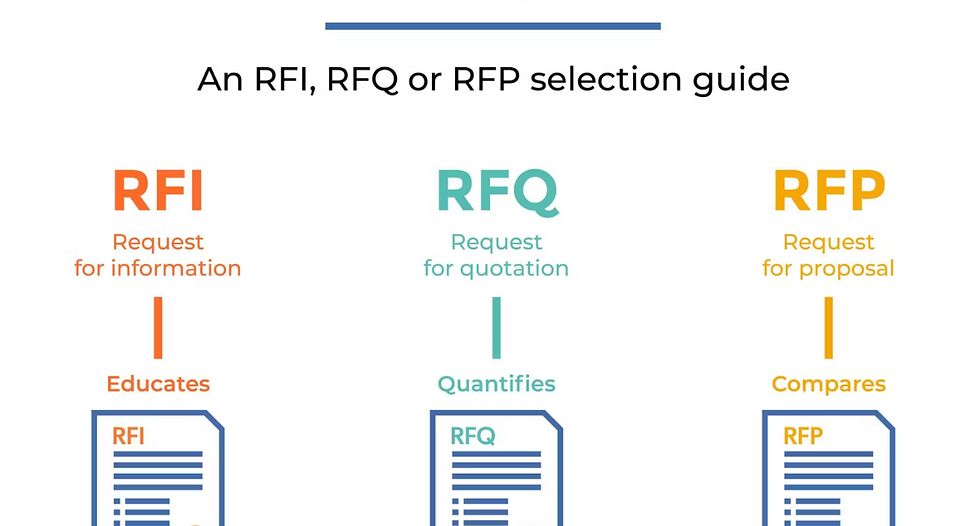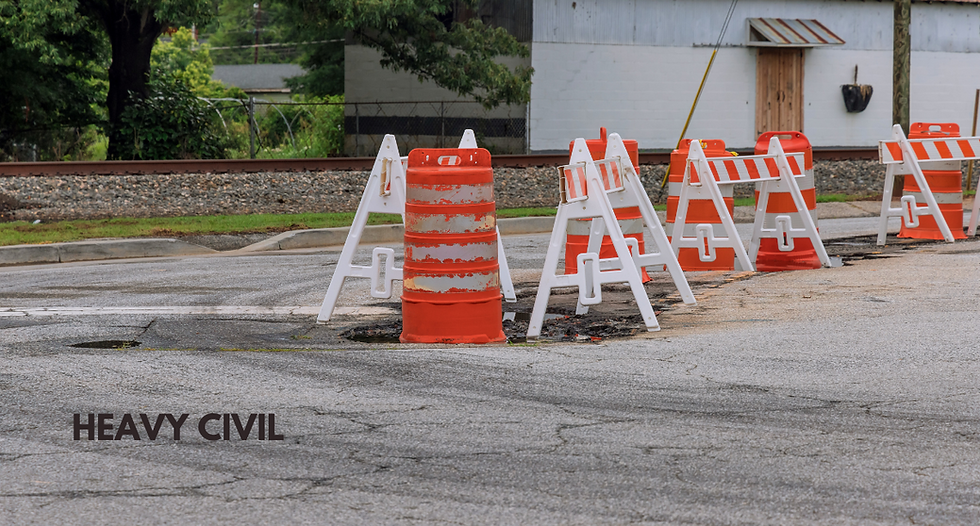Quote to Contract: Your Roadmap to Winning City Work
- South Florida Business Association
- Sep 9, 2025
- 3 min read
Most small and mid-sized firms lose municipal work before the bid even drops. Why? Because they’re invisible in vendor systems, late to pre-bid intel, or unprepared for the paperwork marathon that follows. The truth is, cities aren’t looking for who can hustle the hardest at the last minute. They’re looking for firms that are already in the pipeline, already compliant, and already ready.
Here’s the step-by-step roadmap that moves you from “quote” to “contract.”

1. Vendor Registration & Commodity Codes: Your Digital Business Card
Every city, county, and state has a procurement portal. If you’re not registered, you don’t exist. But simply creating a login isn’t enough you need to choose the right commodity codes (often based on NIGP or NAICS).
These codes are the keywords buyers use to find you. Miss one and you might never see an opportunity that was tailor-made for your firm. For example, “janitorial services” isn’t the same as “facilities management,” and “event production” isn’t the same as “AV rental.” The wrong code is the equivalent of having your phone number one digit off in the yellow pages nobody will ever call.
Pro tip: Audit your codes annually. Cities update theirs, and your scope may expand. A mismatch here could cost you millions over time.
2. The Pre-Bid Calendar: Where the Game is Won
By the time a solicitation goes public, the strategy has already been shaped. The serious players are the ones showing up at pre-bid meetings not just to hear requirements but to meet contracting officers, ask questions, and observe competitors.
Pre-bids also give you access to addenda (updates, corrections, and clarifications). Missing one line in an addendum say, a revised insurance requirement can disqualify your entire proposal.
Pro tip: Build a pre-bid calendar for the next 6–12 months, not just the next 30 days. When you know what’s coming, you can staff, partner, and price with confidence.
3. Reading Addenda Like a Lawyer
Addenda aren’t optional reading they are amendments to the law of the project. Every clarification, spec revision, or deadline shift is binding. Cities often hide the biggest shifts in small text.
I’ve seen firms lose because they submitted to the wrong address, used an outdated form, or missed a tiny spec change. All of it was buried in the addenda.
Pro tip: Assign one person to track, log, and circulate every addendum. Treat it like a change order before the project even begins.
4. Bonding & Bid Tabs: The Money Math
Many firms underestimate the importance of bonding capacity. If your surety won’t back you, you won’t get past the gate even if you’re the lowest bidder. Bid bonds, performance bonds, and payment bonds all prove to the city that you can finish what you start.
Then comes the bid tab a public record of every competitor’s numbers. Most people glance at it once and move on. The pros download every tab, track competitors’ pricing patterns, and learn how agencies weigh cost versus value. Over time, you’ll know where to be aggressive and where to hold margin.
Pro tip: Treat your surety like a partner. Update them quarterly, not just at bid time. It builds trust and increases your capacity.
5. Post-Award Onboarding: Where Many Firms Drop the Ball
Winning is only half the game. Once you’re awarded, the clock starts on compliance: insurance certificates, W-9s, SAM.gov checks, subcontractor affidavits, safety plans, and kickoff meetings. Firms that stumble here get flagged as “hard to work with” and rarely see repeat opportunities.
Pro tip: Build a “post-award kit” with all standard forms, certificates, and policies ready to deploy. The faster you onboard, the more professional you look—and the more likely procurement will remember your name next time.
City money is steady money. Budgets get renewed annually, and projects rarely vanish once funded. But if you’re not in the portal, not showing up at pre-bids, not reading addenda, not watching bid tabs, and not onboarding like a pro, you’re leaving the table before the cards are even dealt.
The roadmap isn’t complicated. It’s discipline, not luck. Build these habits and you’ll stop “chasing” contracts and start winning them.
.png)



Comments